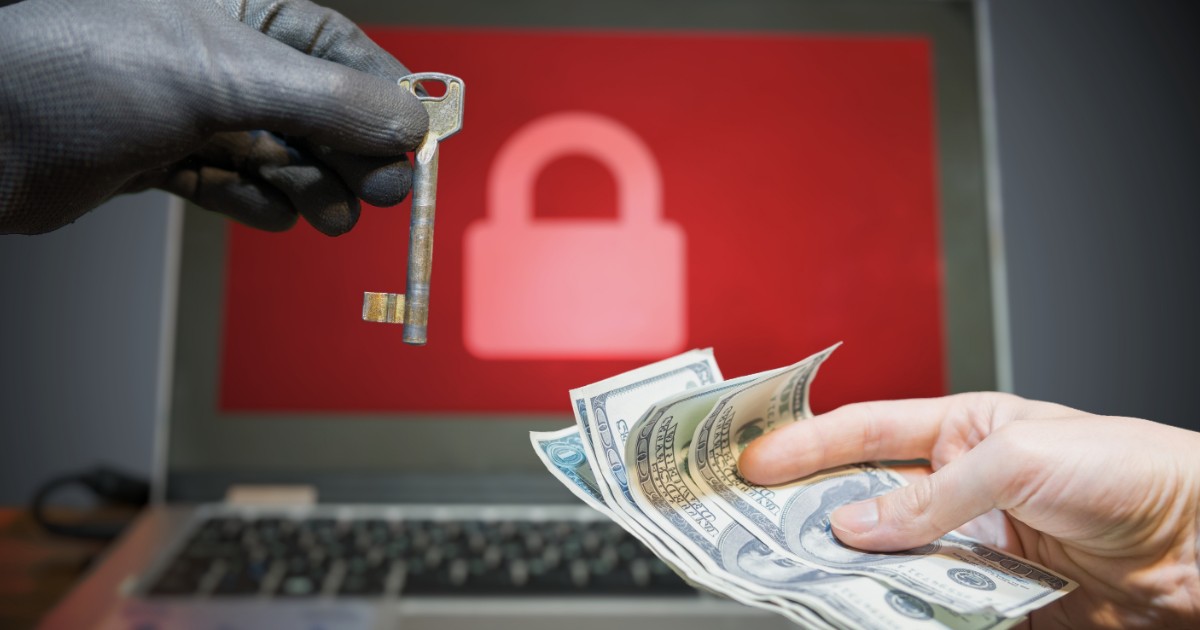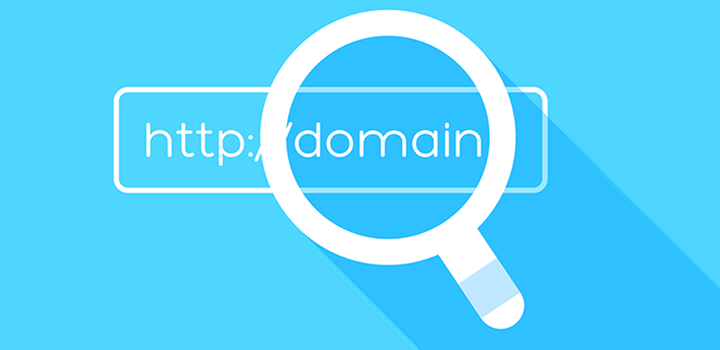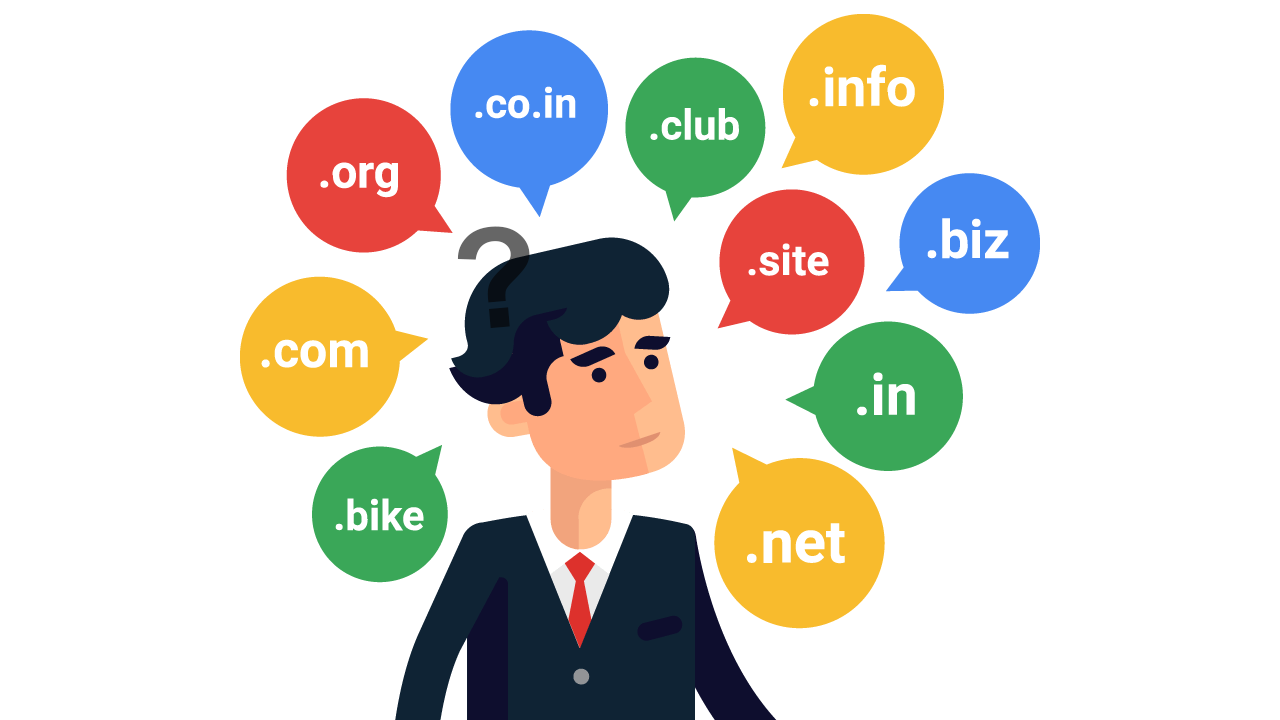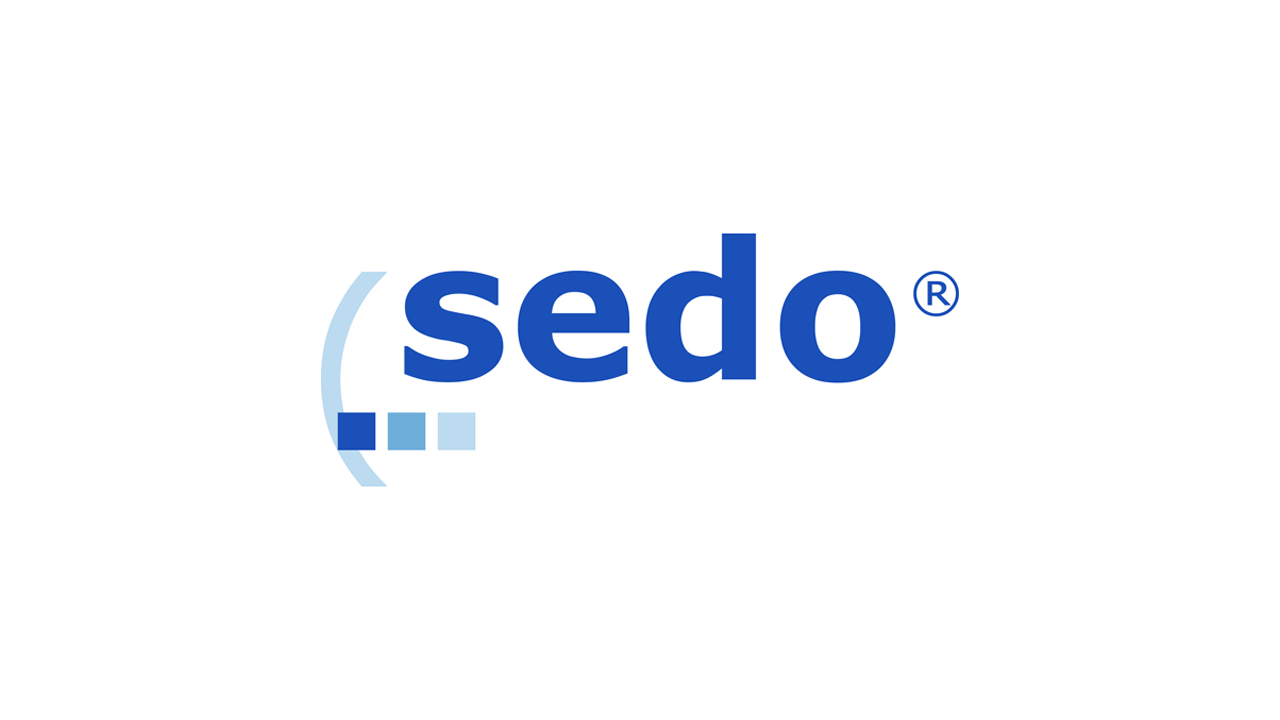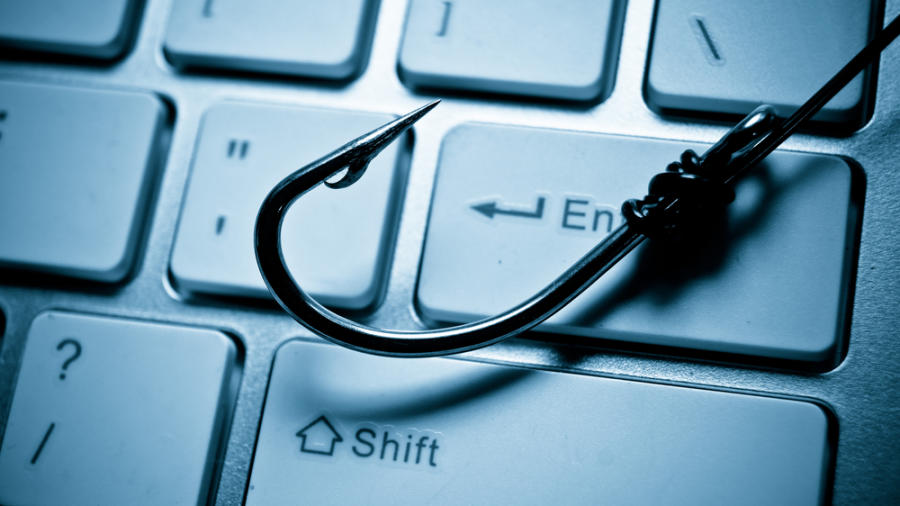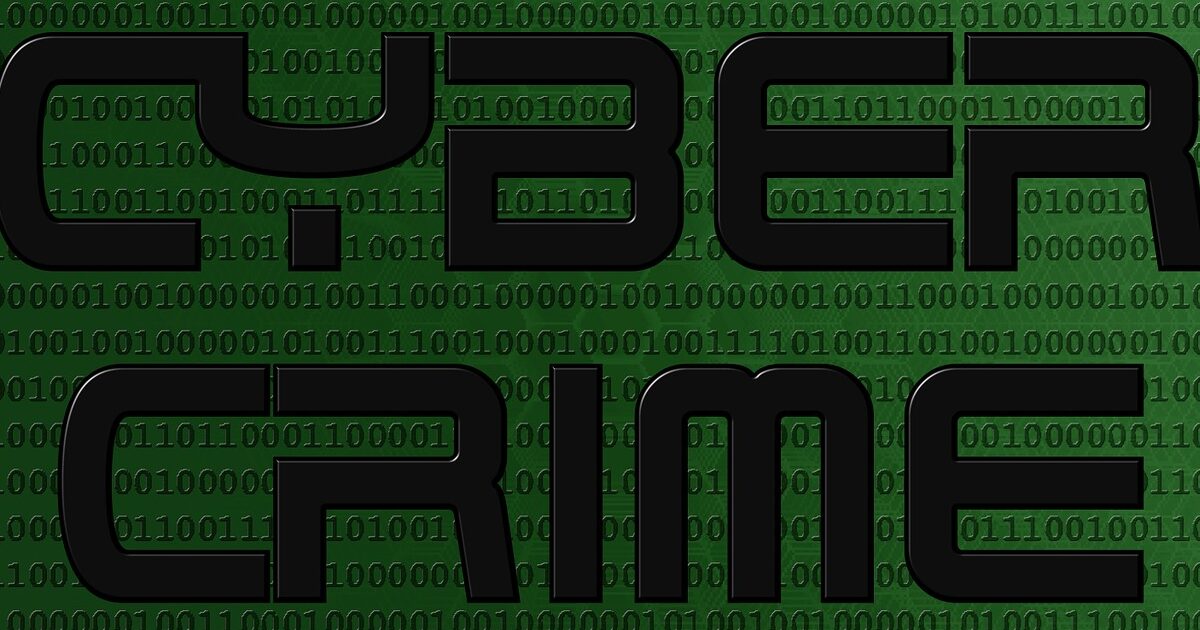More than half of the victims (56%) of a ransomware attack in Brazil last year paid ransom to restore access to their data. However, only about three out of ten people returned the stolen data. The information comes from a new global survey conducted by Kaspersky with more than 15,000 consumers around the world.
Ransomware is an online scam used by criminals to extort money from victims. Using encryption (the same technology that protects the privacy of conversations in messaging apps) and a malicious program, criminals block files on a victim’s device, preventing their use. To unlock the information, they require the payment of an amount as a “ransom”.
A curiosity that the global result has brought is that younger users are more likely to pay a ransom demanded by criminals. The percentage of victims who paid a ransom to restore access to their data in the past year was lower after the age of 45. Between 45 and 54 years old, the rate was 46%. Among those over 55, the rate was only 11%. Two-thirds of adults between 35 and 44 years old and just over half (52%) of users aged 16 to 24 years admitted to having made the payment.

Paying or not, only 16% of Brazilian victims managed to recover all encrypted or blocked files after an attack. But 80% of the victims suffered losses: 44% of Brazilians were unable to recover a significant amount, 20% lost a small amount and another 16% lost all of their files.
“We always recommend that the victim of a ransomware attack does not pay the ransom, as the payment does not guarantee the return of the data. In fact, when doing so, we observe the opposite effect, as the criminal will know that the files are valuable and this will motivate them to attack the same victim over and over again. Our study exactly reinforces this recommendation, since only 29% of Brazilians got their data back ”, says Fabiano Tricarico, Kaspersky’s consumer director for Latin America. “We need to change the consumer’s mindset. When he is the victim of a scam like this, 56% decide to pay the ransom. Wouldn’t it be more advantageous to invest in protecting the device and backing up data? Preventing the attack or making it unprofitable is the best way to make those criminals lose interest in this scam. ”
For ransomware to stop being profitable, it is necessary to increase consumer awareness and this is the main challenge. According to the Kaspersky study, only 30% of respondents in Brazil said they had been aware of any ransomware attack in the past 12 months. And more than half (56%) have never heard of this type of scam online.
See the original post at: https://www.cisoadvisor.com.br/maioria-dos-brasileiros-paga-resgate-de-ransomware-so-1-3-tem-dados-devolvidos/?rand=59039

